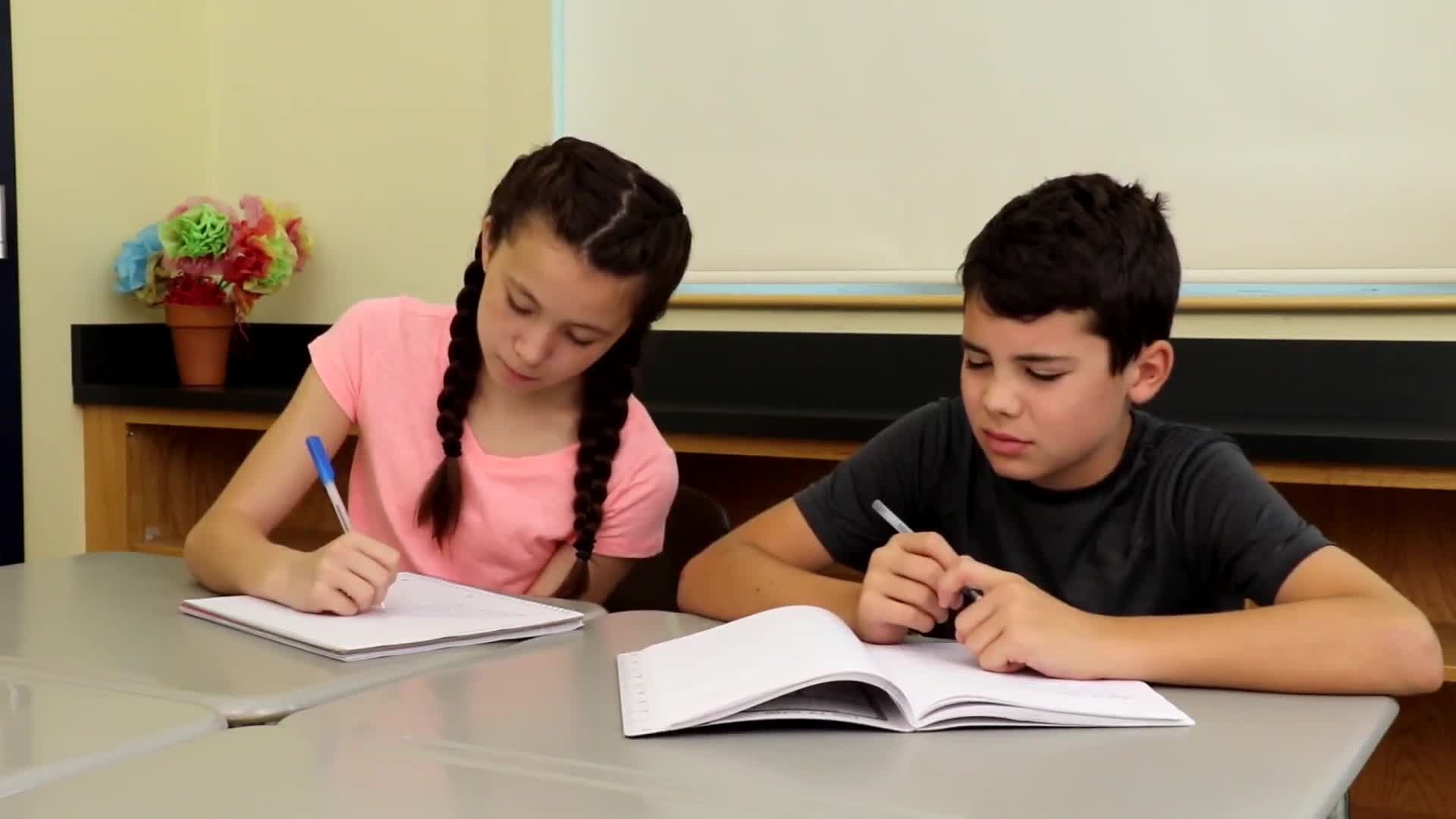Introduction
Communication is an essential life skill that students must develop to navigate various situations in life. One such situation is when a student feels unwell in school. It is crucial for students to learn how to communicate their needs to their teachers and peers, especially when they’re not feeling well. This blog post will explore a no-prep activity, discussion questions, and related skills to help educators teach students how to communicate their needs when feeling unwell in school.
No-Prep Activity
This activity is designed to help students practice communicating their needs when feeling unwell in school. No preparation or materials are required from the educator.
- Divide the students into small groups of 3-4.
- Ask each group to discuss a situation where a student is feeling unwell in school and needs to communicate this to their teacher and peers.
- Each group should role-play their scenario, with one student acting as the unwell student, one as the teacher, and the others as classmates.
- After each role-play, have the entire class discuss what went well in the scenario and what can be improved in terms of communication.
This activity encourages students to practice and reflect on the best ways to communicate their needs when feeling unwell. It also helps them develop empathy and understanding for their peers who may be experiencing similar situations.
Discussion Questions
Use these discussion questions to stimulate further conversations about communicating needs when feeling unwell in school:
- Why is it important to communicate your needs when you’re not feeling well in school?
- What are some ways you can let your teacher know that you’re not feeling well?
- How can you support a classmate who is feeling unwell and needs help?
- What could happen if you don’t communicate your needs when feeling unwell in school?
- How can practicing good communication skills help you in other areas of your life?
Related Skills
Teaching students to communicate their needs when feeling unwell in school is just one aspect of Social-Emotional Learning. Other related skills that students should develop include:
- Empathy: Understanding and sharing the feelings of others.
- Active Listening: Paying full attention to what others are saying and asking questions to better understand their perspective.
- Assertiveness: Expressing one’s feelings, thoughts, and needs in a respectful and confident manner.
- Conflict Resolution: Resolving disagreements and finding solutions that work for everyone involved.
Next Steps
Teaching students how to communicate their needs when feeling unwell in school is a valuable skill that will serve them well throughout their lives. If you’re interested in exploring more activities and resources to help your students develop their communication skills and other Social-Emotional Learning competencies, we invite you to sign up for free samples of our materials at Everyday Speech. These resources are designed to help educators create engaging and effective learning experiences for their students.










